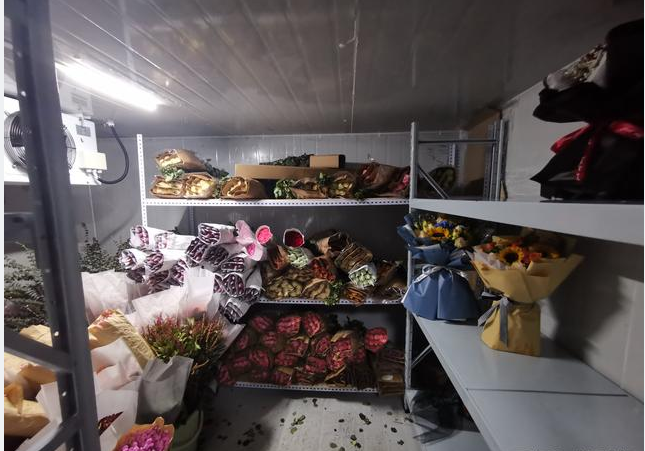water cooled water chiller factory
Understanding Water-Cooled Water Chillers A Comprehensive Overview of Their Function and Benefits
Water-cooled water chillers are essential components in various industrial and commercial applications, providing effective temperature control for processes and buildings. These chillers utilize water as a cooling medium to remove unwanted heat from a system, making them an essential part of modern cooling technology.
What is a Water-Cooled Water Chiller?
A water-cooled water chiller is a mechanical device designed to remove heat from a liquid via a vapor-compression or absorption refrigeration cycle. The cool liquid can then be circulated to other parts of a facility to maintain optimal temperatures in production processes, air conditioning systems, and other temperature-sensitive applications.
The operation of a water-cooled chiller involves several main components, including the compressor, condenser, expansion valve, and evaporator. The chiller operates by absorbing heat from the water circulating through the system. The heated water then passes through the evaporator, where the refrigerant absorbs the heat and evaporates. The compressor then circulates the refrigerant to the condenser, where the heat is released to the cooling water, typically drawn from a cooling tower.
Advantages of Water-Cooled Water Chillers
1. Efficiency Water-cooled chillers tend to be more energy-efficient than air-cooled models, particularly for larger cooling loads. The ability to use water, which has a higher thermal capacity than air, allows these chillers to absorb more heat while consuming less energy.
2. Space-Saving These chillers typically have a compact design, which can save valuable floor space in facilities. This is crucial for industrial plants or commercial buildings where space is at a premium.
3. Longevity With proper maintenance, water-cooled chillers can have a longer lifespan than their air-cooled counterparts. The components are often located in a controlled environment, reducing their exposure to external conditions that can lead to wear and tear.
4. Lower Operating Costs While the initial investment may be higher, the overall operating costs of water-cooled systems are often lower due to their energy efficiency. This translates to savings over time, making them a wise choice for businesses looking to reduce their long-term expenses.
5. Quiet Operation Water-cooled chillers typically produce less noise compared to air-cooled chillers. This makes them ideal for indoor use, as they contribute to a more comfortable working environment in commercial spaces.
water cooled water chiller factory

Applications of Water-Cooled Water Chillers
Water-cooled water chillers are widely used in various industries. Their applications span from large-scale industrial manufacturing to sophisticated HVAC systems in commercial buildings.
1. Industrial Processes In manufacturing, temperature control is critical for processes such as injection molding, food processing, and pharmaceutical production. Water-cooled chillers help maintain precise temperature levels to ensure product quality and consistency.
2. HVAC Systems Many commercial buildings utilize water-cooled chillers in their heating, ventilation, and air conditioning (HVAC) systems to provide effective climate control. By efficiently cooling large volumes of air, these chillers enhance occupant comfort and energy efficiency.
3. Data Centers With the rising demand for data storage and processing, data centers rely heavily on water-cooled chillers to manage the heat generated by servers. This ensures optimal performance and reliability of technology infrastructure.
4. Refrigerated Warehousing In industries like food storage and pharmaceuticals, effective temperature control is essential. Water-cooled chillers maintain appropriate temperatures in refrigerated warehouses, prolonging the shelf life of perishable goods.
Maintenance and Considerations
Though water-cooled chillers offer numerous advantages, they do require regular maintenance to function effectively. Key maintenance tasks include checking and maintaining fluid levels, inspecting the components for any wear or corrosion, and ensuring the associated cooling tower is functioning properly.
Furthermore, facilities must consider the quality of the water being used in the system, as impurities can lead to fouling and reduced efficiency. Regular water treatment and filtration can help mitigate these issues.
Conclusion
Water-cooled water chillers are indispensable tools in maintaining temperature control across various sectors. Their efficiency, longevity, and cost-effectiveness make them a preferred choice for businesses looking to optimize their cooling needs. As industries evolve and the demand for efficient cooling solutions grows, water-cooled chillers will continue to play a vital role in facilitating comfortable and productive environments.






